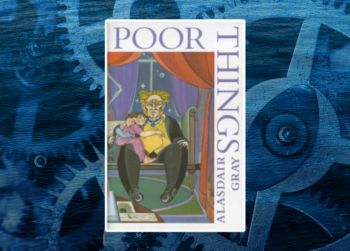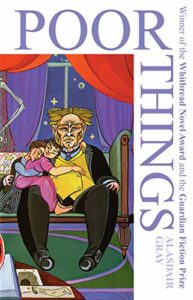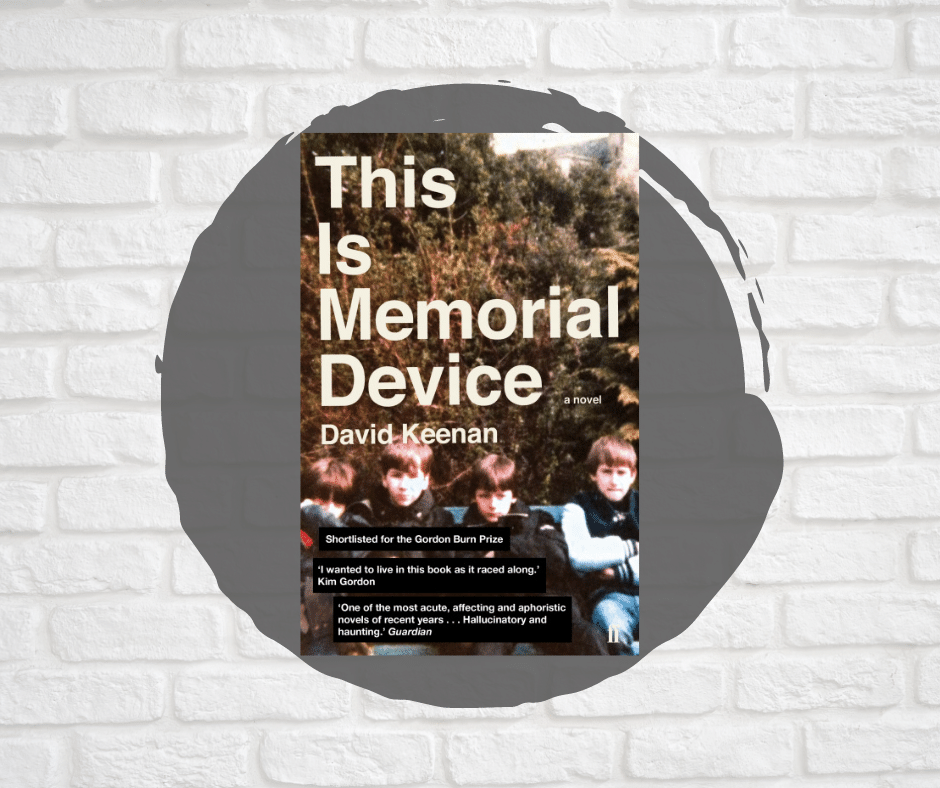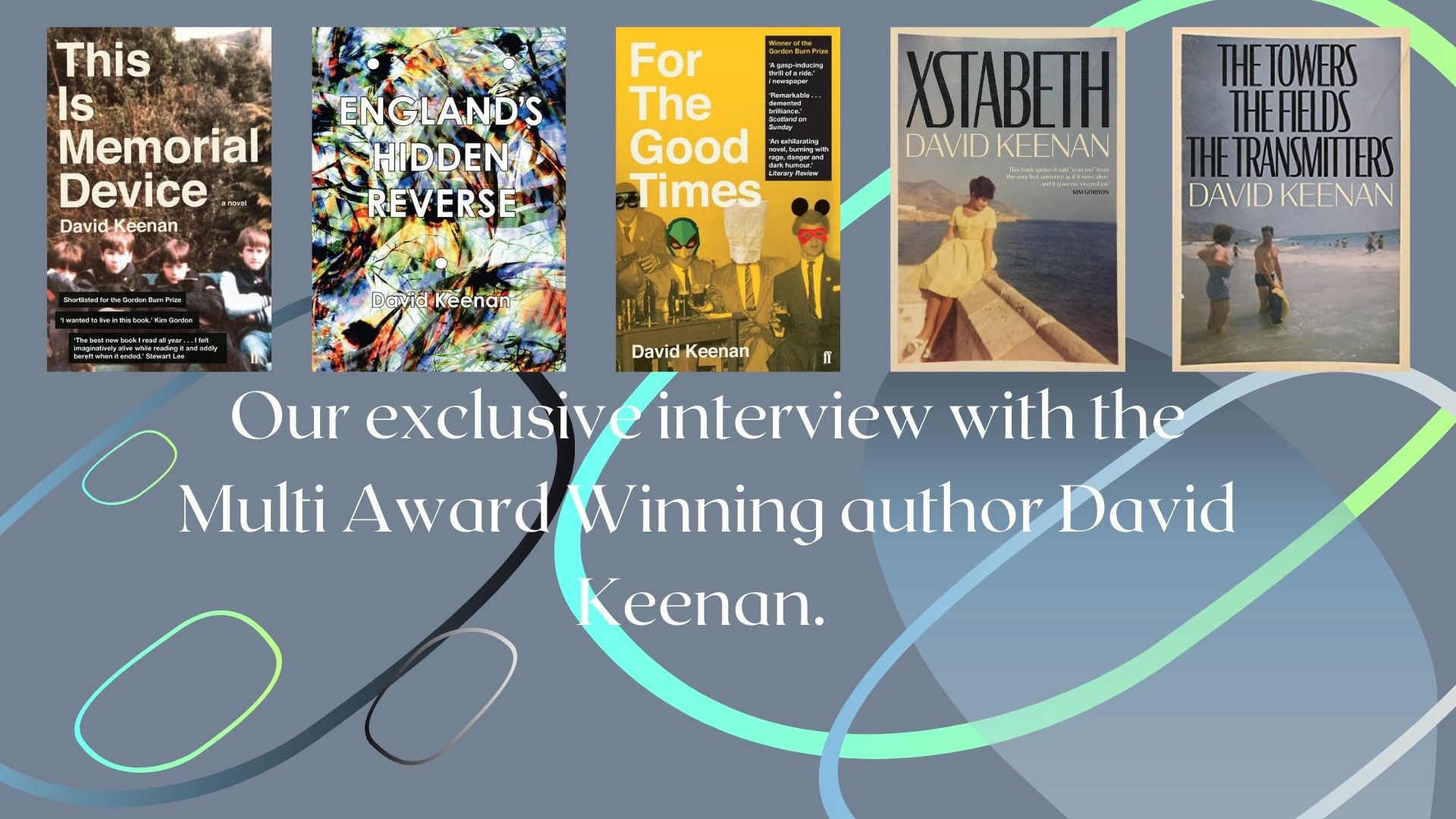This time of year sees the start of the big annual film awards ceremonies, such as the British Academy Film Awards, more commonly known as the BAFTAs, and of course later on the Oscars.
One of this year’s most hotly tipped and also controversial films is Poor Things by Yorgos Lanthimos, which is based on the novel of the same name by Scottish author Alasdair Gray. The narrative is controversial to some because one of the threads of the book follows the young main protagonist, Bella’s, sexual awakening. Poor Things: Episodes from the Early Life of Archibald McCandless M.D., Scottish Public Health Officer, to give it its full title, won both the Whitbread Award and the Guardian Fiction Prize in 1992. The book is a pastiche of a Victorian melodrama, and weaves in elements of Mary Wollstonecraft Shelley’s Frankenstein, or, The modern Prometheus , Lewis Carroll, Vladimir Vladimirovich Nabokov and Arthur Conan Doyle. However, Gray’s totally unique voice ensures that the book is very much his own creation, much more than a combination of its inspirations. It is surreal, has strong gothic horror elements, is often bizarrely funny, and is also disturbing and uncomfortable in places.
Alasdair Gray was a widely celebrated artist, before Poor Things he wrote his landmark literary masterwork Lanark in 1981. Lanark is a complex, multi-layered, book in four chapters that mixes fantasy, science fiction and reality; looking simultaneously at Scotland’s past and future. It is often regarded as the most influential Scottish novel of the 20th century. Alasdair Gray wrote many other novels and essays before his death in 2019; his books have been compared to writers like Italo Calvino, Franz Kafka, Jorge Luis Borges, and George Orwell. On his death, the Guardian said he was “the father figure of the renaissance in Scottish literature and art.” His works are often heavily illustrated, with distinctive graphic designs from Alasdair himself, and the designs from Poor Things (the novel) have clearly influenced the visual design of the Yorgos Lanthimos film. Another unusual aspect of his literary output is that his books often include a mixture of fonts and typefaces, created by Alasdair himself!
Below is a small selection of Alasdair Gray’s novels and short stories, all available at Wellington City Libraries.
Poor things : episodes from the early life of Archibald McCandless M.D., Scottish public health officer / Gray, Alasdair
“Godwin Baxter’s scientific ambition to create the perfect companion is realised when he finds the drowned body of the beautiful Bella, who he brings back to life in a Frankenstein-esque feat. But his dream is thwarted by Dr. Archibald McCandless’s jealous love for his creation . . .But what does Bella think? This story of true love and scientific daring whirls the reader from the private operating-theatres of late-Victorian Glasgow through aristocratic casinos, low-life Alexandria and a Parisian bordello, reaching an interrupted climax in a Scottish church.” (Adapted from Catalogue) Also available as an eBook.
Lanark : a life in four books / Gray, Alasdair
“40th anniversary commemorative hardback edition of the modern classic, introduced by William Boyd” (Adapted from Catalogue)
Ten tales tall & true : social realism, sexual comedy, science fiction, and satire / Gray, Alasdair
“An original and brilliantly eccentric collection of stories from the author of Lanark and Poor Things ” (Adapted from Catalogue)
Unlikely stories, mostly / Gray, Alasdair
“The first short story collection from the irreplaceable Alasdair Gray, sublimely decorated throughout” (Adapted from Catalogue)
A history maker / Gray, Alasdair
“”Set in Scotland’s Ettrick Forest of the twenty-third century, A History Maker tells a rollicking tale of border warfare, military and erotic. Superbly muscled Wat Dryhope, son of the Ettrick chief, is unhappy about his clan’s violent and permissive lifestyle. Only when challenged by the fearfully seductive Delilah Puddock and her plot to restore the competitive exploitation of human resources does he learn to embrace the women and traditional values he truly loves.” (Adapted from Catalogue)
The ends of our tethers : 13 sorry stories / Gray, Alasdair
“The Ends of Our Tethers is vintage Gray – experimental, mischievous, wide-ranging but also subtly connected. And as always the work is hall-marked with his engaging prose style, dry wit and fecund imagination.” (Adapted from Catalogue)





